SERIES REVIEW – Noomi Rapace delivers a gripping performance as an astronaut who survives a disaster on a space station and returns home to a life that’s unrecognizable in “Constellation.” The series captivates viewers with its compelling narrative and equally impressive acting, pinning audiences to their screens as it navigates a mysterious world teetering on the brink of reality and imagination. The alternating timelines and perspectives weave an intricate narrative that offers deep psychological drama and unparalleled entertainment.
NASA’s research has highlighted that astronauts can grow up to 3% in height due to the effects of microgravity and often face vision problems due to Spaceflight-Associated Neuro-ocular Syndrome (SANS). Furthermore, studies suggest astronauts may struggle with cognitive issues, sleep disturbances, anxiety, depression, and other mental health challenges. Astronauts have reported witnessing unexplainable phenomena, such as Story Musgrave, who saw eel-like shapes “swimming” in space.
A Psyche-Deep Space Odyssey: The Mystery of Constellation
Apple TV+’s limited series “Constellation” draws inspiration from several of the aforementioned factors, including iconic films like “2001: A Space Odyssey,” “Interstellar,” “Gravity,” and “Lucy in the Sky,” offering a treat for conspiracy theory enthusiasts. This series embodies the brilliance of science fiction, where shifting viewpoints, temporal leaps, and occasionally frustrating plot twists challenge the viewer’s patience. Peter Harness, the showrunner, has created a visually stunning, often disconcerting, and deeply chilling psychological thriller. The sequence of scenes elicits a visceral chill to such an extent that viewers might resent the series for skillfully manipulating their emotions.
Constellation begins with a scene set in the winter forests of Northern Europe, making sense only several episodes later — and even then, in keeping with the series’ deliberately tricky nature, it’s never entirely clear whether what we’re seeing is real or merely in the mind of one of our unreliable narrators. (It’s a story that walks the fine line between possible worlds, much like The Twilight Zone.)
The action then shifts to the International Space Station, where astronaut Jo Ericsson (brilliantly played by Noomi Rapace) chats via FaceTime with her 11-year-old daughter, Alica, portrayed by twins Rosie and Davina Coleman. (Since it’s impossible to tell which girl appears in which scene, one can only conclude they’re both splendid in handling an increasingly complex role.) Following a devastating explosion, Cmdr. Paul Lancaster (William Catlett) dies, and three surviving crew members return home in an emergency spacecraft that can only accommodate them, leaving Jo behind to race against time to repair a second emergency spacecraft and overcome nearly insurmountable obstacles as her oxygen supply rapidly depletes — and she succeeds.
When Blue is the New Red: Jo’s Disorienting Return Home
Jo’s return home to her beloved Alica and husband, Magnus (James D’Arcy), is met with almost contradictory reactions, signaling that something is amiss.
Everything in Jo’s world is… somehow different than she remembers. The car that was red is now blue. Objects in the cabinets have been rearranged. (Some interiors of Constellation are dark and subdued; others are bathed in vibrant colors. This further enhances the feeling that we’re bouncing between different worlds.) There’s now a piano in the house, yet Jo cannot play — however, when she sits down, her fingers flawlessly dance across the keys, playing a prelude by Rachmaninov.
Even more disconcerting for Jo is that Alica’s scent is not as she remembered, and the girl seems visibly frightened of her mother. This is compounded when Magnus reveals the painful secret that their relationship had soured even before her mission. As Jo contemplates whether her experiences are part of reality or merely the creations of her own mind, the story also unveils the mysterious adventures of Henry Calder. Portrayed by Jonathan Banks, known from Breaking Bad, as the head of the Rocket Propulsion Laboratory, he focuses on acquiring a mysterious device Jo managed to bring back to Earth. This device holds the potential to “change everything.”
Then there’s Henry’s brother, “Bud” Caldera (also Banks), a Buzz Aldrin-like former astronaut who once walked on the Moon but is now a bitter alcoholic, touring the convention circuit and deflecting questions about WHAT really happened on his space mission. (In the world of Constellation, Bud was on Apollo 18; in reality, NASA canceled the Apollo 18 mission). Are Henry and Bud two different people, or the same person living in alternative universes? And what about the head of the Russian space agency, Irene Lysenko (Barbara Sukowa), who might have been one of the first women in space in the 1960s?
Redefining Reality
As we wander back and forth behind the mirror (surely it’s no coincidence that Jo’s daughter is named Alice), Constellation occasionally feels more like a ghost story than a sci-fi thriller — yet so often, we cannot trust that what we see on the screen is indeed REAL. Fortunately, the finale provides some legitimized answers while leaving the door open for a possible second season. With a challenging premise, smart writing, and strong performances, Constellation is well worth the eight-episode investment.
-Herpai Gergely (BadSector)-
Constellation
Direction - 8.2
Actors - 8.4
Story - 8.2
Visuals/Music/Sounds - 9.1
Ambience - 8.6
8.5
EXCELLENT
Constellation is a mesmerizing psychological thriller that balances on the edge of space and reality, telling a deeply human story. With captivating performances by Noomi Rapace and the rest of the cast, the series offers an emotional journey that simultaneously addresses loss, identity, and the nature of reality. The complex plot, unexpected twists, and visual spectacle make this series a must-watch for all sci-fi and thriller enthusiasts.

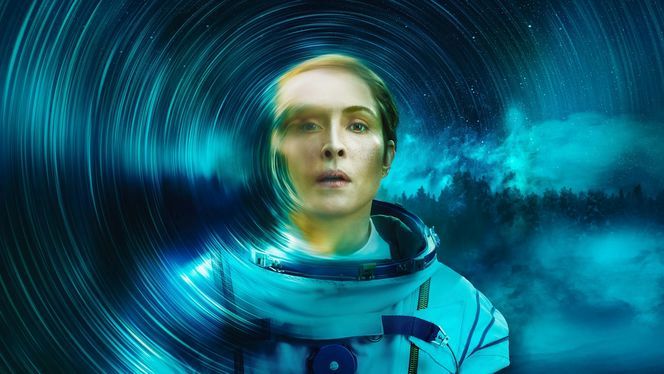
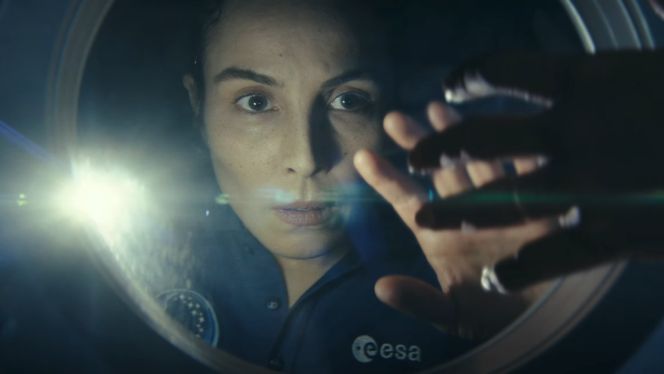
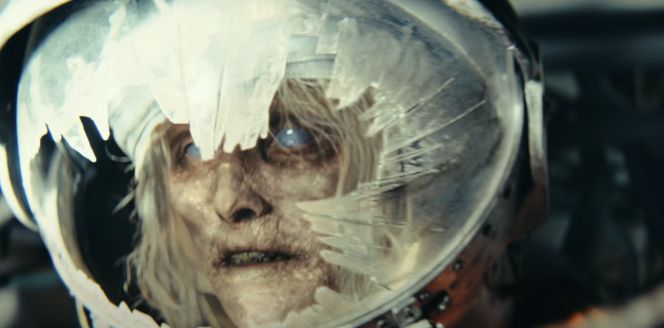
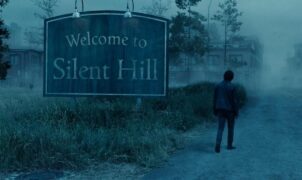











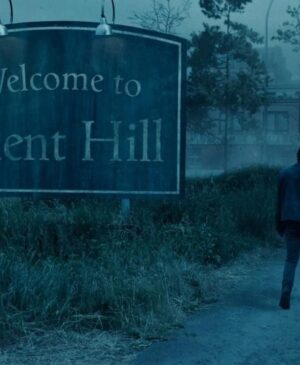

Leave a Reply